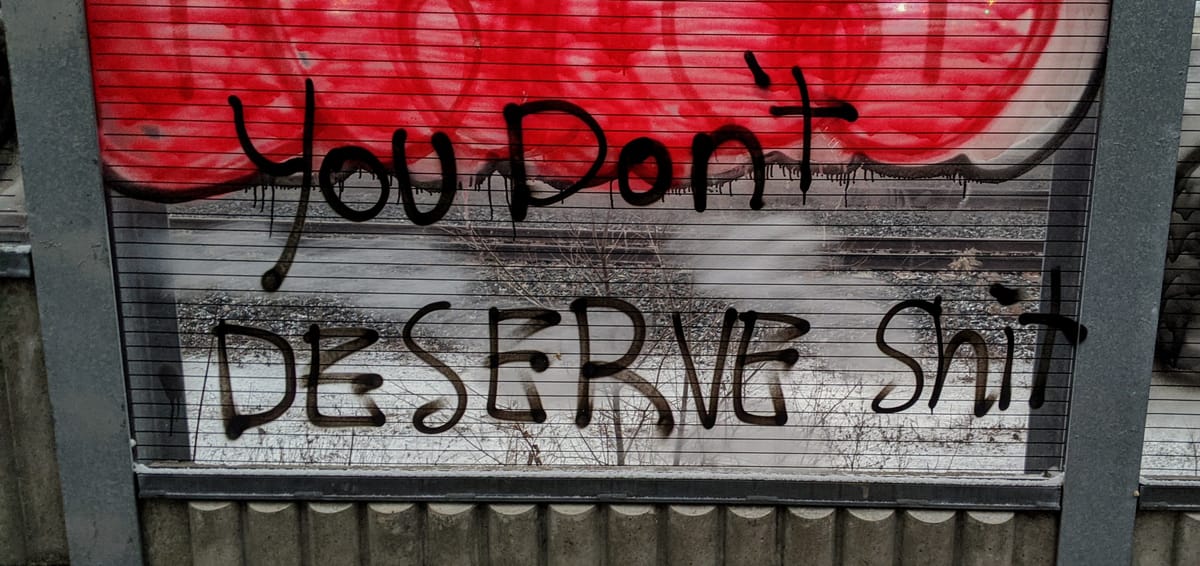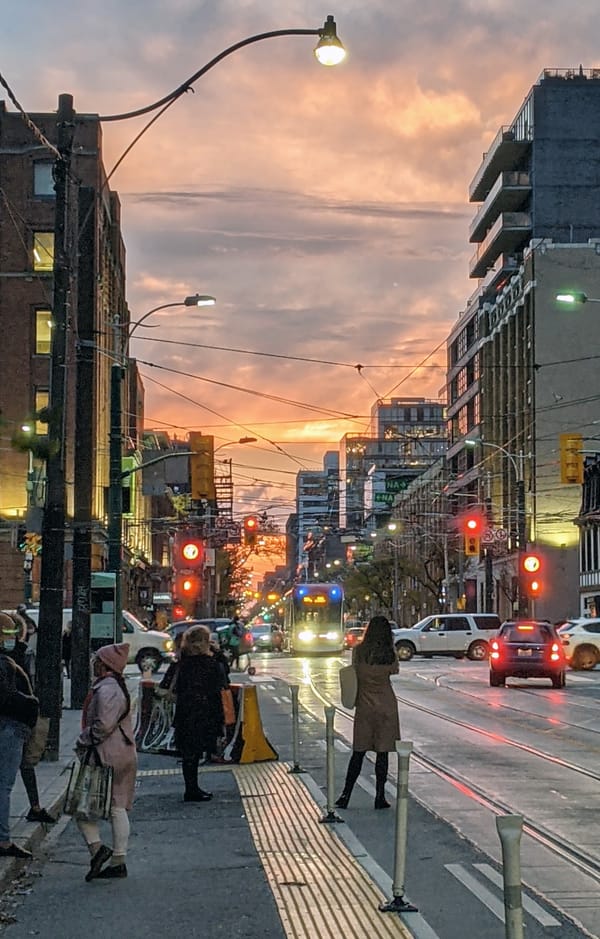Swaggy Jaggy

It’s the end of winter and I know I should write something. We’ve all been there. Staring at a blank page. Awaiting inspiration. So I put my headphones on. Gotta break the block. Pick a good song. The TV was on in the background and I was struck by images of Jagmeet Singh dancing on stage. He won his seat in the house despite the best efforts of the two major political parties. They sure tried their darndest to keep the leader of the NDP out of the house. It was victory for pluralism and optimism amidst a sea of cynicism. A stinging rebuke. A timely reminder that, despite it all, the multicultural democratic project is still alive and well here in Canada. A multicultural project fundamentally at odds with the foundational precepts of the nation state. Buttressed by notions of concessional democracy from the original inhabitants of the land.
--------------
My father was a professor of political science. He taught at Makerere University in Uganda, the University of Nairobi in Kenya and the University of Dar es Salaam in Tanzania. He taught an entire generation of post-independence African political leaders from the 60s to the 80s. He loves to tell the story of young Yoweri Museveni of Uganda, the marxist freedom fighter, and how he slowly evolved into Yoweri Museveni, the dictator. Always attaching the maxim you see Rashidi, power corrupts.
He spent his career writing about socialism and African Democracy. He rarely votes. I recall a conversation we had a few years back, on the heels of another victory for whichever ostrich party in some election on some level of governance (Provincial, Federal, who remembers…). I was trying to defend my decision to abstain from voting. You know Baba, I don’t vote because voting is but a mere mechanism, easily swayed and corrupted. To me, democracy is us here and now, discussing. He smiled. That crinkly-eyed knowing smile of an old soul. He told me a story about his hero, Julius Nyerere, the former schoolteacher and independence leader of Tanzania.
Nyerere had a one-party state. By our western definitions, it wasn’t a democracy. There weren’t political parties, there wasn’t “healthy competition”. Decisions were made by a council of elders. By consensus. My father was at pains to stress that democracy itself was universal - it was not a Western concept invented in Ancient Greece. Democracy, in the African context - to him - was a group of elders sitting under a baobab tree, discussing and cajoling and compromising.
--------------
I recently completed a book on the history of Canada. I was especially curious about pre-colonial cultures. As Canadians, we weren’t exactly taught the full history of the land we purportedly share.
I was struck by something amidst my research. It drew me back to the conversation I’d had with my father about democracy, about decision making and community. The majority of cultures living across this land, from the Haida to the Tlingit to the Blackfoot, Cree and Saulteaux; to the Inuit, Ojibwe, Iroquois and Mi'kmaq; from the Pacific to the Atlantic to the Arctic - they all practised forms of concessional democracy. Elders in councils, making decisions based on consensus.
In fact, the Iroquois Confederacy was so inspirational to the founding fathers, Benjamin Franklin actually said: “It would be a strange thing...if six nations of ignorant savages should be capable of forming such a union, and yet it has subsisted for ages and appears undissolvable, and yet like a union should be impractical for a dozen English colonies.” (1754)
-------------
Without the influence of the NDP (the CCF at the time) Canada would not have universal health care. A third party, pushing for social justice. While historically, Canada has been governed from the centre by two nominally different parties, there have consistently been attempts at pluralism. From the Union Nationale to the Bloc Quebecois, and Social Credit to the Reform Party, civil society in Canada has always attempted to redress the two-party dominance that has defined our society since Confederation. The Laurentian Consensus. This outdated notion that Canada is best governed from the centre, by elites from Ontario and Quebec. Because Canada is a “bi-cultural” nation. Or at least, that was the compromise made at Confederation.
See, this is the fascinating, and brilliant thing about Canada. From the outset, this country was created in opposition to one of the core concepts of the nation state project. A nation is a community of people who share a common language, ethnic group and territory. Quebec is a nation. Central to the nation is a concept known as nationalism - which is a social, political and economic ideology that aims to promote the interests of a particular nation. Again, Quebec is an instructive example.
A state is a political organization with a centralized government that maintains a monopoly on the legitimate use of force within a given geographic territory. A state can have many different ethnic groups, such as former Yugoslavia, or much of Africa. Starting with Great Britain in 1703 with the Act of Union, the state system came to predominate around the world.
The American statecraft project began violently, and created a national myth based around revolutionary exceptionalism. A city on a hill. Tied to the melting pot national identity. You’re American first. One culture. Exceptionally American.
Canada was explicitly created as a compromise between French and English interests. This was absolutely revolutionary within the framework of the nascent nation state project. No shared language, no shared history, no shared culture. Yet they compromised and created a nation state anyway. Bi-cultural.
Then something else took hold. John Murray Gibbon wrote a pivotal book in 1938 called “Canadian Mosaic: The Making of a Northern Nation.” Mosaic. A word I’m sure many of you heard aplenty in grade school. A challenge to the melting pot. Gibbon argued that Canada stood to benefit from the cultural diversity of its various ethnic groups. You see, by the 1930s the idea of Canada as a solely French-English nation had been eroded by decades of immigration from Ireland, Scotland and Southern and Eastern Europe. By the 1960s official immigration policy emphasized migrants from the Caribbean, China and India. Multiculturalism became official government policy in 1971, and was enshrined in the Canadian Charter of Rights and Freedoms in 1982.
Ironically, the original inhabitants of this land already knew this. They knew the power of the land and the strength of the communities were rooted in diversity. The Oji-Cree, for example, are an ethnic group that was created specifically as an amalgam of Cree and Ojibwe people. Best to work together and find common ground. On the West Coast, it was standard practise to intermarry between ethnic groups and clans, as it was seen to increase harmony and foster cooperation.
Canada is the last battleground, the final dying convulsions of the liberal nation state project (I’ll have a whole other thing on this one soon). Both Liberal and Conservative parties rallied their bases, in an entirely cynical attempt to block Jagmeet Singh’s passage to the House of Commons. Why? So that the NDP’s leader wouldn’t have a seat, and would thusly throw the party into chaos. Without a seat in Parliament, confidence in Jagmeet would wane, and the NDP would descend into internecine fighting about the direction of the party. Which is exactly what the Liberals and Conservatives want. It’s an election year after all.
I would be remiss to not mention the actual structure of our democracy. Canada is a representative parliamentary democracy that uses a first-past-the-post electoral system. I’ll spare the jeremiad on that, I wrote a piece on electoral reform after DoFo’s “big” win in the Ontario Provincial election last year. Let’s just say that our democracy is a zero-sum winner-take-all game, that disincentivizes compromise and would rather a minority have the power to act strongly on unpopular policy for the greater good.
And this is why Jagmeet Singh’s victory was so important. For one, he’s the first non-white leader of a major political party in Canada. It was a little jarring how quickly the Liberals and Conservatives mobilized to try to de-platform him. His victory felt like something important, especially now. A timely reminder of the values and virtues of diversity, of inclusion, of acceptance, of tolerance and of love.
Because we can’t forget Ontario Proud. We can’t forget the rising tide of white nationalism. We can’t forget the growing body of white Canadians railing against immigrants as if settler Canadians have always shared this land. As if their ancestors didn’t acquire it from the indigenous people through dubious treaties. We can’t forget the growing body of white Canadians railing against refugees as if their ancestors weren’t escaping religious persecution. It’s not like the Sikh community in Canada has faced decades of racism from white Canadians…
----------
As nationalism holds that one particular ethnicity is better than another, the lessons of history point towards situations such as the former Yugoslavia which descended into complete chaos and interethnic conflict. But despite nationalism holding that one particular ethnicity is superior than another, the French and English elites in Canada decided - against convention - to put their cultural, historical and linguistic differences aside to compromise and create this country.
Canada started with two cultures, and learned over time became a mosaic to the point where today we are seen as the global gold standard. Proof that 19th century style nationalism is absolute bunk. Proof that we are indeed just a collection of human people who share this one rock. Jagmeet Singh’s victory was the balm we need right now.
There is clearly a lot of work left. There are very real chances Andrew Scheer’s Conservatives will win the next election - and a quick poll of Western Democracies with Conservatives governments around the world (Brexit, Trump, Hungary, Brazil) doesn’t exactly fill me with confidence or optimism. But I recall the early Harper years, with the minority governments, that compromised and worked with the NDP led by le bon Jack. When the Federal government, for the first time since Confederation formally apologized for the Residential School system and set in motion the Truth and Reconciliation Commission*. Demonstrating the power of compromise. Because governing by consensus is the legacy of this land.
The dying throes of neoliberal capitalism have yet again pitted the vast majority of people around the world against each other through a variety of manufactured crises and mechanisms - economics, race, sexual preference, gender identity, religion, to name a few. But we have the proof here in Canada. We have the proof that it’s all bullshit. We are still in the process of creating a nation that literally codifies difference as our unifying ethic.
Now that’s revolutionary.
* Perhaps the single greatest atrocity committed by the Canadian Federal Government in the name of cultural assimilation. A stinging riposte of multiculturalism. The dark legacy of this land.
Interested in learning more about Canada’s identity, check out Rashid’s own Pressed Magazine

